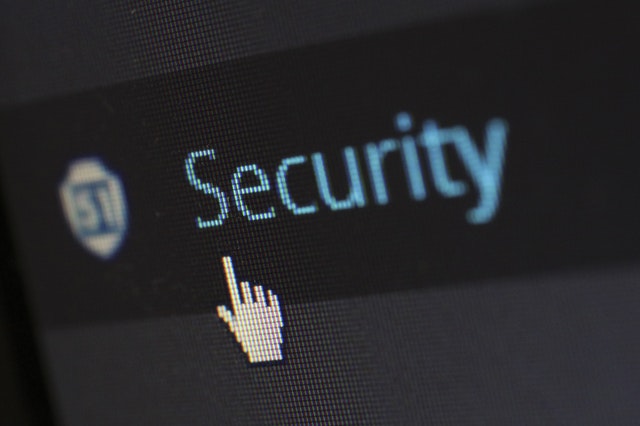 After hackers breached Equifax and stole vital financial records of 145 million Americans, people have a right to be afraid of disclosing personal information. That’s why it’s imperative that lending institutions to do everything in their power to protect your privacy.
After hackers breached Equifax and stole vital financial records of 145 million Americans, people have a right to be afraid of disclosing personal information. That’s why it’s imperative that lending institutions to do everything in their power to protect your privacy.
When a prospective home buyer submits a loan application, defining information such as date of birth, home address, social security number, credit cards, bank accounts, and pay stubs are included. Basically, everything a hacker needs to penetrate an individual’s financial world is disclosed on a loan application.
If you are applying for a mortgage, get answers to these and other questions before handing over information. Hackers are too skilled at breaking into computer systems and the financial risk is too high to take any chances.
Does The Lender Take Submissions Via Email?
With the flurry of high profile email hacks making headlines, it may surprise borrowers that some lending institutions continue to take data via email.
Some estimates say that upwards of 70 percent of lending institutions routinely use email during the application process. When an applicant doesn’t have a bank account or credit card number handy, some lenders will take it electronically to complete the process. This is a major misstep.
Despite efforts to protect email, it continues to be a doormat for hackers to breach systems and steal data.
Does The Lender Use Encryption Software?
Although there is no perfect method to protect online data, many companies enlist the help of high-level IT personnel to maximize security. One of the better standards is the use of encryption.
When files are encrypted, the data enjoys two-tier protection. First, the hacker would need to breach the system to lift financial and personal information. Even if the internet criminal manages to steal data, they will be tasked with decoding it.
Breaking encryption software acts as a strong protection and future deterrent. Hackers tend to go after the low-hanging fruit. Ask about encryption protocols when applying for a loan.
Does The Lender Share Information?
The days of lenders sharing and selling personal information without consent are over. Under the Gramm-Leach-Bliley Act, banks must provide applicants with a disclosure form that states information sharing policies.
Don’t be startled that the form lists third parties who will review your information. Banks often reach out to businesses in their network when making a determination about loan approval or rejection. Nothing happens in a vacuum so to speak.
But take the time to review this form carefully. If you do not feel comfortable with some of the outfits on the list, trust your instincts and walk away.
Ask About The Lender’s Data Protection Policy
Data protection has emerged as a significant problem. For every new protection program a hacker will find away to breach it.
Cybersecurity has grown into a major business sector and borrowers would be wise to ask about a lending institution’s policies, protocols and investment into data protection. Compare how each company addresses threats and make an informed decision about who can be entrusted with critical personal and financial information.
Your trusted mortgage professional is an essential part of your home buying experience. Be sure to ask these questions to increase your confidence in this important partnership.
 Securing the best conventional mortgage rate possible can pose a challenge for even veteran property buyers.
Securing the best conventional mortgage rate possible can pose a challenge for even veteran property buyers.